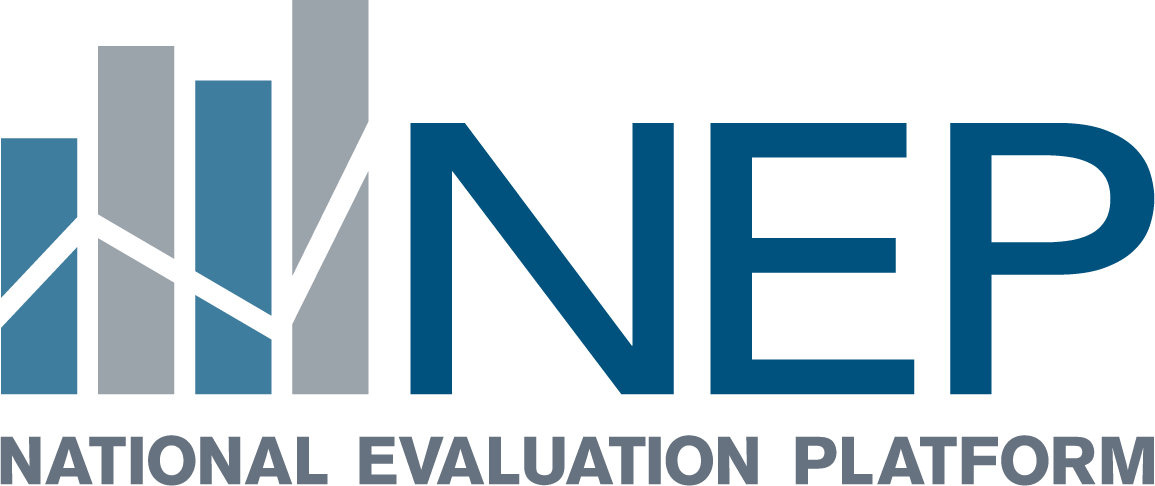NEP Tanzania
BETTER EVALUATION MEANS BETTER HEALTHtail 1
Accelerating national progress on women’s and children’s health and nutrition—in a way that is equitable, sustainable, and accountable—requires that Tanzania scale up interventions proven to work in local contexts. The National Evaluation Platform equips the Government of Tanzania with tools and skills to evaluate health and nutrition programs by identifying, systematically compiling, and rigorously analysing data from diverse sources. Empowered with evidence, national and regional leaders can make strategic decisions that will achieve maximum health and nutrition impact for the women and children of Tanzania.
From 2014 through 2017, Tanzania is building the National Evaluation Platform, with technical guidance from the Johns Hopkins University Institute for International Programs (IIP) and funding support from the Government of Canada. As NEP’s “home” institution, the National Bureau of Statistics (NBS) conducts analyses and leads hands-on capacity-building workshops with teams of other public-sector NEP stakeholders. Public-sector institutions focused on MNCH&N—including the Ministry of Health and Social Welfare, the Tanzania Food and Nutrition Centre, the Prime Minister’s Office of Regional Administration and Local Government Authority, the Prime Minister’s Office (Scaling Up Nutrition), Sokoine University of Agriculture, and Muhimbili University of Health and Allied Science—have pledged their support for NEP and are leading actors in every aspect of NEP’s development and use.
The High Level Advisory Committee (HLAC)—chaired by the Deputy Permanent Secretary for Health President’s Office Regional Administration and Local Government (PO RALG) and convened by the NBS Director General—is composed of senior leaders from each policy and program stakeholder institution. The group is responsible for identifying priority evaluation themes and is the primary audience for NEP findings. The Technical Task team (TTT) is composed of individuals from NEP stakeholder institutions who are engaged in M&E, program management or research and training at the national level. This team is responsible for building NEP by ensuring that their institutions contribute data, develop evaluation expertise and make use of NEP findings. TTT members participate in NEP workshops and other activities coordinated by NBS. The TTT collaborates with scientific and data partners to inform NEP analyses and direction.
NEP Cycle 1 focused on Tanzania’s progress towards achieving Millennium Development Goal (MDG) 4 target for child survival and MDG 5 target to reduce maternal mortality. TTT members used coverage and impact data from household surveys together with the Lives Saved Tool to create national and sub-national models showing how scale-up of specific interventions impacted maternal, neonatal and under 5 mortality.
NEP disseminated Cycle 1 results in four large forums including the Tanzania Service Provision Assessment Survey dissemination meeting, Development Partners Group Nutrition Meeting, Partnership for Nutrition in Tanzania Annual Partner Forum, and Tanzania Canada Research Partnership Symposium. NBS shared Cycle 1 results with individual divisions of the Ministry of Health, Community Development, Gender, Elderly, and Children. The NEP team was also invited to share Cycle 1 results during planning meetings for the next Health Sector Strategic Plan (HSSP IV) (2015-2020) and One Plan II (2016-2020) on improving maternal and child survival. Cycle 2 is structured around evaluating the effectiveness of three maternal interventions (antenatal care (ANC), facility delivery, and family planning) in the One Plan for Maternal Child Health (2008-2015) – a 7-year strategy that included an in-depth midterm review but no planned final evaluation. To evaluate the One Plan, NEP Tanzania is pursuing three interrelated activities including analyzing existing data, evaluating the quality of related routine data, and understanding how to better visualize data for MNCH&N policymaking in Tanzania. NEP also conducted a qualitative study to understand perceptions of antenatal care service quality and care-seeking behavior
NEP IS TANZANIA-OWNED AND TANZANIA-LED
WITH NEP, TANZANIA CAN BUILD PLANS ON A FOUNDATION OF EVIDENCE
In order to accelerate advances in MNCH&N, decision makers must be equipped with evidence to make realistic and strategic programmatic policies. NEP excels at promoting informed decision making, while increasing accountability. Tanzania is one of four African countries that are building NEPs. Successful development of the platform in Tanzania can provide a model for replication and development of the NEP approach in other countries with substantial health and nutrition challenges. The NEP Tanzania team is currently working on planning for sustainability beyond the funding period.

